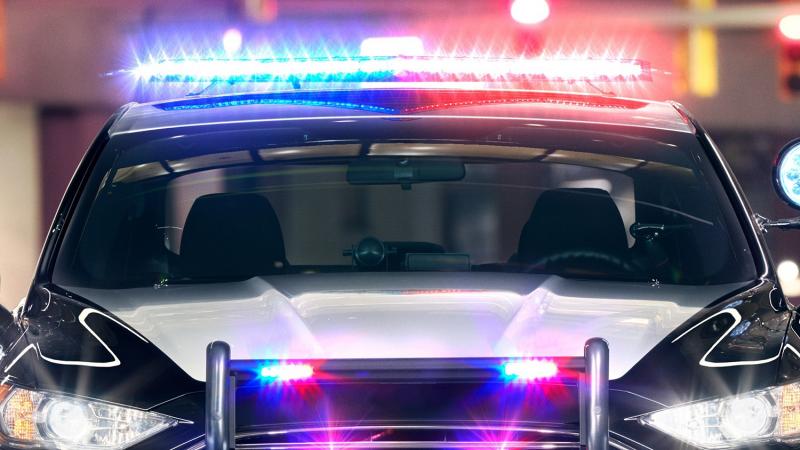By Attorney Gabriel Arevalo

I would be willing to bet that most of us will interact with a police officer at least one time this year. Perhaps you will be pulled over for speeding. Perhaps you will be a witness to a car accident — or even a crime — and be asked to answer questions or give a written statement. Law enforcement officers provide a great service to our communities, but given the nature of their work, we often interact with them when we are at our worst or when something has gone wrong. This can prompt the question: what is the best way to interact with police officers? At first glance, the answer may seem rather simple: just be respectful and cooperative and everything will turn out just fine. This is partly true: you should be respectful to law enforcement, and resisting an officer can have drastic negative consequences. However, I believe there is value in taking a closer look at our interactions with law enforcement. In this article, I will share a few tips I’ve found to be helpful when addressing my clients’ interactions with police officers.
First, I believe it is helpful to gain a familiarity with our constitutional rights. Our interactions with police officers are rarely simple social affairs; in fact, they often carry a set of specific legal components. For example, an officer must have “reasonable suspicion” to believe that you are violating a traffic law to initiate a traffic stop on your vehicle. An ...




